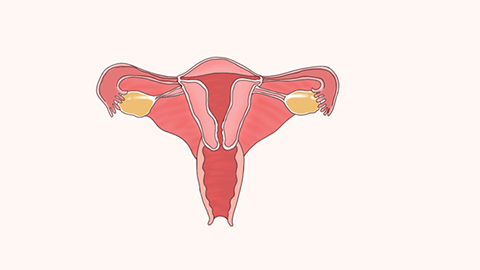What are the implications of having a slightly smaller uterus?
Generally, as a manifestation of uterine developmental abnormalities, a small uterus mainly affects menstrual regularity, fertility, increased risk of miscarriage, fetal malposition, and psychological well-being. A detailed analysis is as follows:

1. Menstrual irregularities: A small uterus may affect the normal growth and shedding of the endometrium, leading to irregular menstrual cycles,表现为延长或缩短的月经周期 (manifested as prolonged or shortened menstrual cycles), reduced menstrual flow, or even amenorrhea. These abnormalities can disrupt normal physiological cycles and cause inconvenience in daily life.
2. Fertility difficulties: The uterus is the organ responsible for fetal development. A small uterus provides insufficient space for embryo implantation and development, potentially increasing the difficulty of conception. Even if pregnancy occurs successfully, poor uterine development may hinder normal embryonic growth, thereby reducing pregnancy success rates.
3. Increased risk of miscarriage: For women who achieve pregnancy, a small uterus may fail to provide an adequate growth environment and support for the embryo, increasing the likelihood of miscarriage during pregnancy. Particularly in the first and second trimesters, the risk of miscarriage is relatively higher, causing both physical and psychological impacts on the pregnant woman.
4. Fetal malposition: A small uterus restricts fetal movement within the uterine cavity, increasing the likelihood of abnormal fetal positions, such as transverse or breech presentation. These abnormal positions may interfere with normal delivery, increasing the likelihood of cesarean section and presenting challenges during the birthing process.
5. Psychological impact: Women with a small uterus may face fertility difficulties and menstrual irregularities, potentially leading to anxiety, self-esteem issues, and excessive stress. These negative emotions may affect daily life and interpersonal relationships, and even have long-term effects on mental health.
If related issues are identified in daily life, regular examinations can help monitor uterine development. Appropriate measures should be taken when necessary, along with maintaining a positive mindset, to better manage potential impacts.





